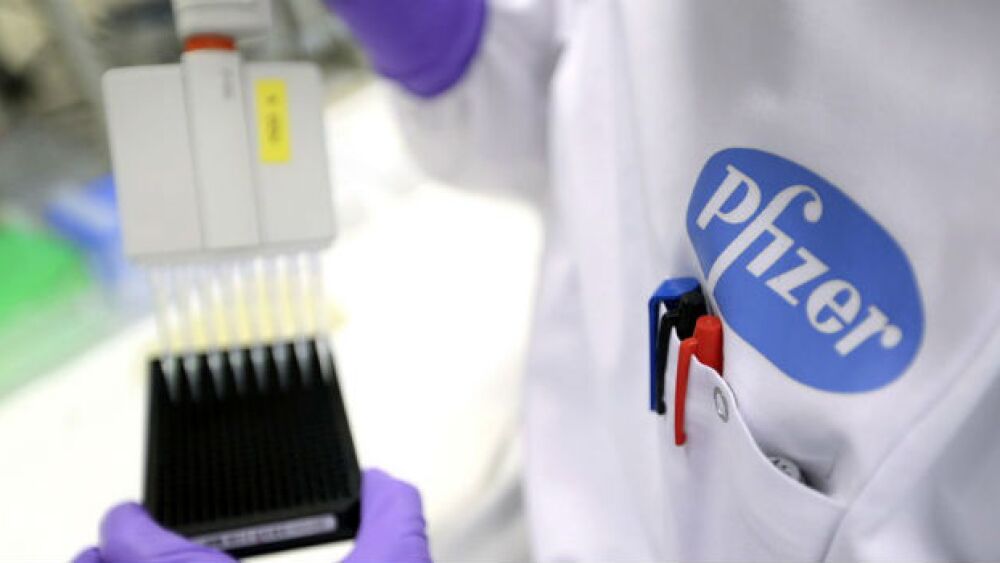An Independent Monitoring Committee recommended that Pfizer halt the Phase III ATLAS trial of Inlyta (axitinib) because it wasn’t proving effective.
An Independent Monitoring Committee recommended that Pfizer halt the Phase III ATLAS trial of Inlyta (axitinib) because it wasn’t proving effective.
Pfizer was studying Inlyta as adjuvant therapy in patients at high risk of recurrent renal cell carcinoma (RCC) after nephrectomy. The committee indicated that the trial failed to show a clear improvement in the trial’s primary endpoint, extending disease-free survival (DFS) in patients receiving the drug compared to patients receiving placebo.
The safety data was consistent with what was otherwise known about the drug. Inlyta is an oral drug that inhibits tyrosine kinases, including vascular endothelial growth factor (VEGF) receptors 1, 2 and 3, which are implicated in tumor growth. The drug has been approved in the U.S. as a second-line therapy for advanced renal cell carcinoma after failure of one prior systemic therapy. It is also approved in Europe in adults with advanced RCC after failure of previous treatment with sunitinib or a cytokine.
“We are disappointed by the outcome of this study as we had hoped the efficacy that Inlyta has demonstrated as a second-line treatment in patients with advanced renal cell carcinoma would carry over to patients with earlier stage disease, where it would delay or prevent disease relapse,” said Mace Rothenberg, chief development officer, Oncology, Pfizer Global Product Development, in a statement. “That goal was not achieved. We will conduct additional analyses on the data that may provide insight into this result. Studies evaluating Inlyta in combination with immune checkpoint inhibitors for patients with a variety of advanced stage cancers, including RCC, will continue.”
Pfizer was hoping to use Inlyta to prop up its sagging Sutent sales. Sutent has been standard of care to treat advanced RCC for the last decade, but in 2016 sales were $1.09 billion, compared to $1.12 billion in 2015. Approved in 2006, it’s been a blockbuster pretty much since launch, but most analysts believe it will get slammed by the current group of immuno-oncology drugs, particularly Bristol-Myers Squibb’s Opdivo and Yervoy.
Sutent is down, but not necessarily out. On November 16, 2017, the Food and Drug Administration (FDA) approved Sutent as first and only adjuvant for adults at high risk of RCC. In a statement at the time, Liz Barrett, global president and general manager of Pfizer Oncology said, “Today’s approval marks an important step forward for the treatment of adult patients who are at high risk of their renal cell carcinoma returning after surgery. Pfizer has been dedicated to advancing the science of RCC treatment for over a decade, and we are pleased to see this commitment continue to translate into meaningful options for patients.”
However, on February 23, 2018, the Committee for Medicinal Products for Human Use (CHMP) of the European Medicines Agency (EMA) recommended against expanding use of Sutent to include adjuvant treatment for RCC following nephrectomy. The recommendation isn’t binding, but is likely to be followed by the European regulators.
Pfizer will continue evaluating Inlyta with its PD-L1 checkpoint inhibitor, avelumab, which was developed by Merck KGaA. In December, the FDA granted the drug combo Breakthrough Therapy Designation for treatment-naïve patients with RCC.





